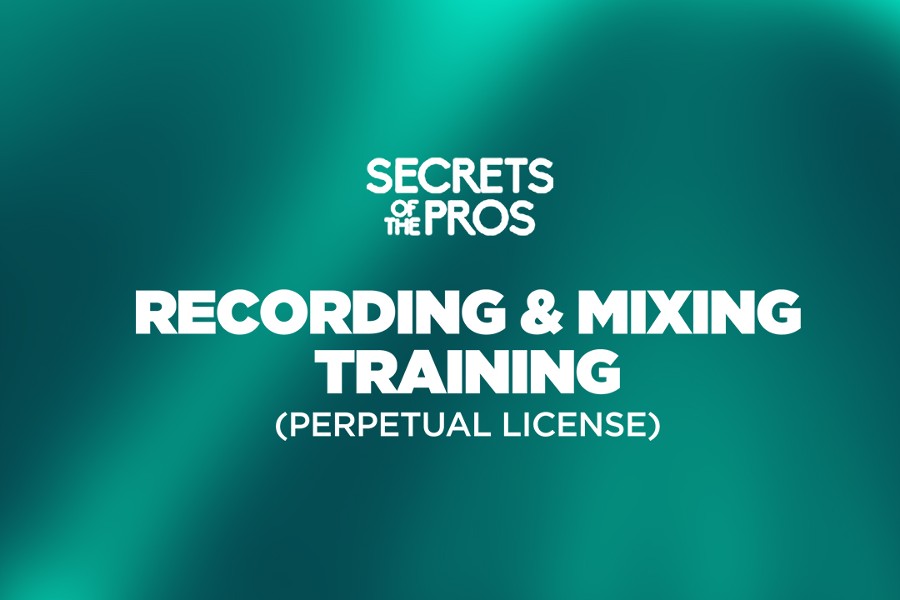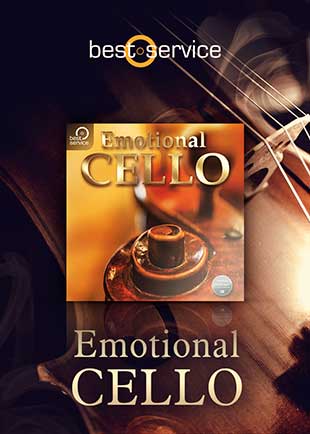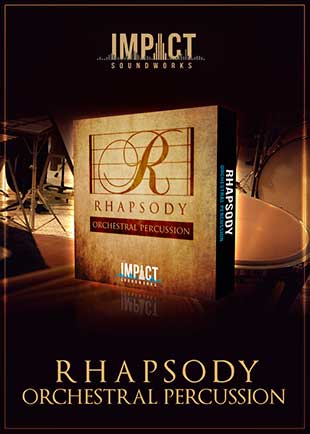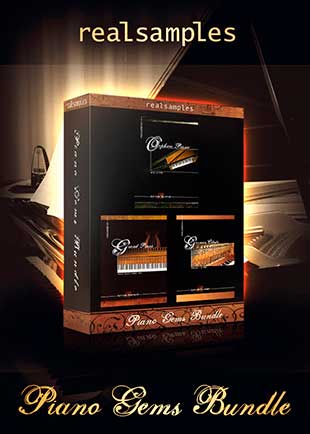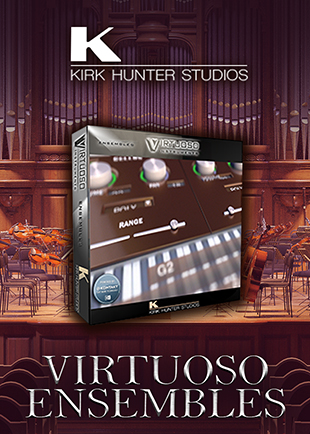In this post, we’re diving into different routes you can take to learn about Recording and Mixing Music. There are many different approaches and techniques for doing both, and everyone has a different learning style.
Not to mention, music gear, equipment, and technology are different from what they once were 30-40 years ago. There was a time when you needed to spend at least 20k for a setup.
This included a Mixing Console, cables, Microphones, Rack FX, EQ, Compressors, Delays, other Time based fx, and a multiple track recorder. I’m not even factoring in the cost of tape machines, tape, monitors, and studio treatment required to mix or the typical cost of maintenance for the gear.
That’s just for recording and mixing. If you want to make music, you have to also factor in instruments, samplers, and so forth. It was quite the investment.
These days, you can do away with most of the expensive hardware for cheaper priced alternative hardware and software applications that are just as good, if not better.
However, without good solid foundations and knowing where to start, it’s still overwhelming given the mass amounts of information and choices we have
Don’t worry, though, we have something that will solve that problem.
Find Out More About The Training Course Here
40 Hours Of Professional Recording and Mixing Tutorials at Your Fingertips!
This is a comprehensive training course “Secrets of the Pros.” that outlines everything you need to know about Recording and Mixing music.
The curriculum is easy to follow and simplifies complex concepts, making your learning experience easy, engaging, and effective.
Here’s What You Get Access To On The Inside
- 40 hours of training videos led by industry professionals.
- Clear, repeatable techniques suitable for both home and professional studios.
- Lifetime access is offered via a perpetual subscription, so you’ll always have access to the content.
Some Of The Material The Course Covers
- Setting Up Your Studio for Success
- Connecting Your Gear Properly – Interfaces and Cables
- Setting Up a New Song
- The Mixer: Important Basics You Need to Know!
- Setting Up Your Studio – Important Basics
- Recording – Important Basic Concepts
- Microphone Basics to Help You Record Great Tracks
- Download the Tracks for the Song Here!
- Recording Drums – Advanced
- Recording Acoustic Guitar – Basics to Get Started Fast!
- Recording Acoustic Guitar – Advanced
- Recording Electric Guitar – Basics
- Recording and Mixing Electric Guitar – Advanced
- Recording Pro Sounding Vocals in Your Studio
- MIDI, Synths, & Virtual Instruments
- Processing: Introduction & Important Info
- Processing: Using Equalizers Like a Pro
- Processing: Compressors for Mixing – Critical
- Processing: Delays, Wideners, & Reverb! (A Must-See!)
- Processing: Guitar Tones and Special FX
- Mixing – Important Basic Concepts
- Mixing: A Quick Start Guide to Get You Going!
- Mixing Kick Drum – Advanced
- Mixing Snare Drum – Advanced
- Mixing: Hi Hats, Toms, Cymbals, OH – Advanced
- Mixing: Electric Bass Guitar
- Mixing Vocals – Advanced Techniques
- Mixing: Automation, A Powerful Feature
You can gain your lifetime access right now for $24.95.
This course covers just about everything Universities are offering at 50-70k. Not kidding.
Problems People Run Into When Recording and Mixing Music
Setting up a recording studio or project space today can feel exhausting, especially with all the options we can access.
Too Many Gear and Software Choices
With countless mixing plugins, microphone choices, audio interfaces, and budget ranges to operate within, the options are vast.
To make matters worst, every piece of gear claims to be ‘high quality’ and whatever other fancy buzzwords you can find in a sales ad.
The truth is, you can get the job done with just about everything. You just need to know how to set up your gear and use it properly.
Which Microphones Do I Use?
Mics are very simple in theory. They help you record sound. The challenge lies in understanding which microphone to use and when.
Which mics to use for recording vocals vs drums, and what about their positioning to capture the best possible sound, etc.?
Mixing Process: What FX To Use and When
Why does my mix sound muddy, and how can I achieve clarity?
Why is the mix so muddy sounding? Why do the rest of my instruments get quieter when I turn up the bass? Which EQ should I use, and should the compressor come before or after? What If I don’t understand frequencies?
These are all challenges people face when attempting to mix. Even when you understand each component’s basics, putting it all together can be a challenge.
Setting Up and Positioning Studio Monitors
Setting up studio monitors is another thing that catches people off guard when setting up a studio.
You get false bass responses if you have them too close to a wall. Set the monitors too far apart, and you mangle the stereo image.
You see people in magazines and online who sometimes have them verticle or horizontal and sometimes both, but why?
Setting Up An Audio Interface
Most audio interfaces are plug and play, meaning you plug up the USB or USBC connection, toss a mic into the XLR slot, arm a channel in your DAW, and are ready to record.
Sometimes it’s more complex, depending on what you’re recording; you may need to factor in how many ins and outs are required, how to get the headphone mix dialed, which interface will give you the options you need, etc.
Learning Recording & Mixing: YouTube vs. Going To College
Both options are viable ways of learning, recording, mixing, and mastering music, but each has pros and cons. Let’s address the pros and cons and see which is best for you and your style of learning.
Learning Recording and Mixing Music via YouTube
These Are The Pros:
Highly Affordable: Most of the YouTube tutorials you’ll find are free of charge.
Flexible Schedule: Learn from anywhere with an internet connection at any time. Go at your own pace.
Multiple Perspectives: You have access to a wide range of musicians, music producers, and mixing engineers from all walks of life outlining their process.
Instant Updates: Rapidly evolving tech and techniques are often covered quickly on YouTube.
Interactive Community: Engage with creators as well as other members of the YouTube platform via the comment section. It’s also pretty solid for networking, given you find the right channels with a good supportive following.
These Are The Cons:
Quality Consistency: YouTube being an open platform means anyone can upload videos, and just because they are displaying a tutorial doesn’t mean what they’re showing is good information. That said, rifling through the crap can take some time.
Lack of Structure: Some YouTube creators are mindful of their audience or potential audience and playlist their videos, those offering a curriculum like structure to their videos.
Others do one offs, meaning a video here and there on various aspects of mixing. This doesn’t mean the videos aren’t quality. They just aren’t created with a teaching structure in mind.
Potential for Misinformation: Unfortunately, there is a lot of bad information out there, so it’s easy to stumble upon mixing tutorials that display bad habits and misinformation. Unfortunately, a lot of this information can rank at the top due to the engagement that it receives, which can make you believe that it’s top notch quality information.
Ads and Monetization: Ads can interrupt the learning process, but that’s what happens when information is free and the platform has the potential to earn income. That being said, you will find channels that are only posting tutorials for income generation and have little regard for the market they claim to serve.
No Degree: This isn’t important in the field of music, but if you are a person looking to acquire a degree or certification (proof of knowledge), you won’t get that from YouTube.
Going To College To Learn Mixing Music and Recording
Pros:
Curriculum: College Courses generally have a clear, well structured curriculum, so you know what to expect before enrolling in the course. In most cases, you can contact instructors and inquire about topics that are not explained well in the course description.
Real Hands on Experience: Most Recording, Music, and Audio Technology Programs will have a studio you work out of, so you’ll be able to get hands on experience with routing, recording, and using the recording gear and software as well as working on and assisting with actual projects.
Networking Opportunities: The networking opportunities are great, especially if you’re a student who will go above and beyond curriculum needs.
Many people looking to get into music acquire the education, but only part of the experience. They often end up with a degree but no job because they weren’t adamant about getting out there and meeting people.
Professors are a great source of networking, and many of them have and or are still working within the industry. Even professors who aren’t currently working in the field still have connections and friends they can link you up with.
Feedback and Mentorship: Guidance is one of those things missing from YouTube. When studying under an instructor, it’s often possible to transition that connection into a mentorship or even find yourself guided toward an internship. Direct feedback and 1 on 1 time are plus here as well.
Cons:
Expensive Cost: Some programs start at $60k (give or take) or more when you factor in tuition, local fees, books, etc.
Time Commitment: Most programs last several years and require a substantial time investment. Studio time is shared amongst various classes within your program, so access to the studio can be time sensitive, limited, and may not align with your lifestyle, resulting in a lack of actual contact time with studio gear.
Less Flexibility: Some programs are only taught in specific semesters or have a very strict enrollment process, so you can’t pick up and join anytime.
Outdated Curriculum & Techniques: The music industry moves fast, and its tech is even faster. New tips and techniques are floating around daily. Your curriculum may be outdated by the time you enroll.
And one thing to keep in mind. Instructors often adopt teaching methods that are most effective for them or tailored to their specific classroom environment.
Consequently, there may be times when their chosen teaching tools or software might differ from what you use, and you may be well ahead of the class skill wise vs what’s taught in the current semester.
I do not mean to scare you, but you need to keep that in mind.
College Location: Unless you opt for online courses, you might need to relocate or commute to attend your desired institution.
Attending some of the best schools or working with the best instructor(s) for you might require relocation. This adds to the expense both in moving and tuition as well as adds a level of inconvenience.
If You Want To Learn Mixing and Recording There are Options
Choosing the right learning path is up to you. Each method has its advantages and drawbacks.
College offers a structured curriculum, good hands on experience, good networking opportunities, and the chance to work under a skilled instructor’s guide…That also cost’s a pretty penny.
YouTube offers free education (mostly) and is flexible as it self paced for those wanting to learn. While there are quality channels by experts, they can be inconsistent and may not cover everything comprehensively.
Curating your own playlists is a great option, but that can get time consuming.
The mixing training course, priced at $24.95, presents a cost effective option, bridging the gap between formal education and self guided online tutorials.
The course is structured well, like a college course, minus needing prerequisites, and walks you through everything you need to know.
